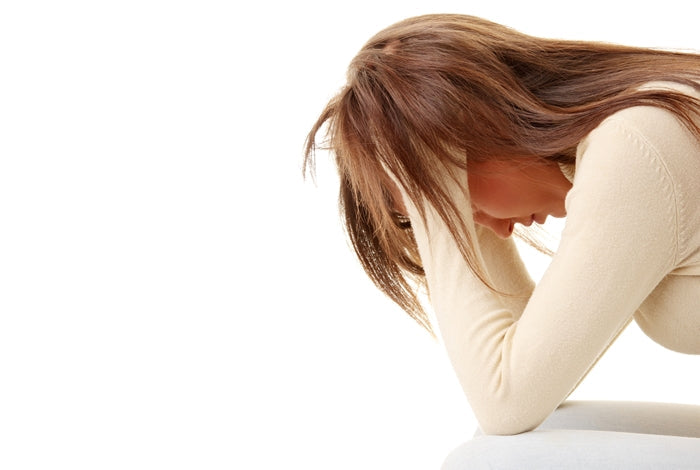Vitamin B is a water-soluble vitamin and should be consumed every day as it is not stored in the human body. A balanced diet should always have Vitamin B for the body to remain healthy and strong. It’s important to seek its health benefits because a lack of Vitamin B can result in various diseases and disorders within the body.
There are 8 types of B vitamins: Vitamin B1, B2, B3, B5, B6, B7, B9 and B12. They work together across several bodily functions such as producing red blood cells, maintaining healthy hair, skin and nails, and convert carbohydrates into energy.
B vitamins also have their own individual purposes. If you find yourself having symptoms of vitamin B deficiency, you can more easily determine what type of B vitamin you need. Vitamin B1 protects the immune system and prevents unwanted cravings. Vitamin B2 produces red blood cells and is commonly used in anti-aging beauty products and in preventing migraines and heart problems. Vitamin B3 promotes good cholesterol levels and lowers bad cholesterol.
Vitamin B5 beats stress and produces sex hormones. Vitamin B6 improves mood and sleep quality. Vitamin B7 is for healthy hair, skin and nails and vital for the development of a healthy fetus. Vitamin B9 strengthens memory and also promotes a healthy pregnancy. Vitamin B12 is iron's partner in producing oxygen with the protein hemoglobin and B9 as the partner in red blood cell production.
Are you aware of the various symptoms of Vitamin B deficiency? If any of these symptoms take effect, modifications when it comes to diet and supplementation are a must:
- • Depression - lack of Vitamins B3 (Niacin), B6 (Pyridoxine), B7 (Biotin), B12 (Cobalamin)
- • Fatigue - lack of Vitamins B3, B5 (Pantothenic acid), B6, B7, B12
- • Mental health problems - lack of Vitamins B1 (Thiamine) causing Wernicke-Korsakoff Syndrome, B3 causing dementia as part of a condition known as Pellagra, B5, B6
- • Digestion-related problems - lack of Vitamins B3 causing indigestion and diarrhea, B9 (Folic acid) causing diarrhea as well, B12 causing a decrease in appetite
- • Anemia - lack of Vitamins B2 (Riboflavin), B6, B9, B12
Other symptoms of Vitamin B deficiency:
- • Beriberi
- • Red eyes
- • Mouth infection
- • Sensitivity to rays
- • Mouth ulcers
- • Vomiting
- • Skin diseases
- • Headache
- • Gastrointestinal problems
- • Ineksi
- • Colon cancer
- • Dry eye
- • Hair loss
- • Impaired growth
- • Stroke
- • Irregular heartbeat
For the best source of Vitamin B, consult with your physician what is recommended for you in terms of nourishment that contains Vitamin B - be it in the form of complex Vitamin B food or the best Vitamin B supplement.
Foods that are rich in vitamin B include:
- • milk
- • red meat
- • green vegetables
- • nuts
- • tuna
- • eggs
- • salmon
- • peas
- • cereals and other whole grains
- • rice
- • wheat flour
- • potatoes
- • tomatoes
- • broccoli
- • poultry
- • soya beans
- • peanuts
- • asparagus
- • spinach
- fresh fruits
- • dried fruits
- • cod
- • cheese
Conclusion
It is easy to miss out on your much-needed daily dose of vitamin B. You may think because you took it yesterday, you do not need to have it again today. Always remember, vitamin B is not stored in the human body, and yet, it plays a vital role in our bodily functions. Since it gets washed away with water, such as sweating and urination, you need to replenish your vitamin B levels daily.
With a list of vitamin B foods and the best sources of vitamin B, you can build a strong defense against vitamin B deficiency and keep your body in optimum health.
sources:
http://www.reachealthy.com/2017/04/vitamin-b-deficiency.html?m=1
http://acontentbox.org/silent-signs-of-vitamin-b-deficiency-you-should-not-ignore/
http://www.nhs.uk/Conditions/vitamins-minerals/Pages/Vitamin-B.aspx
http://www.interestingreality.com/facts-about-the-amazing-world-of-vitamin-b/





